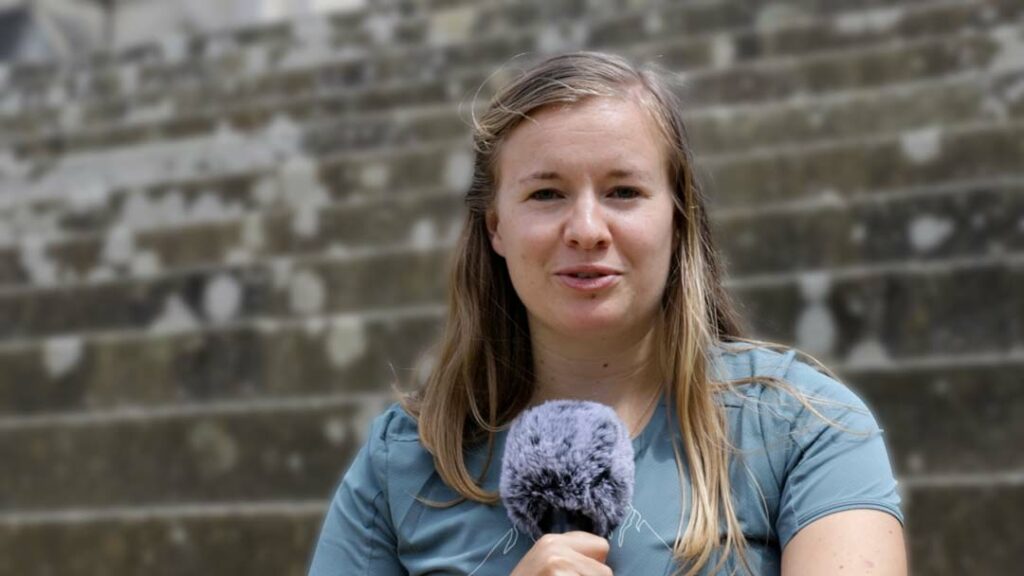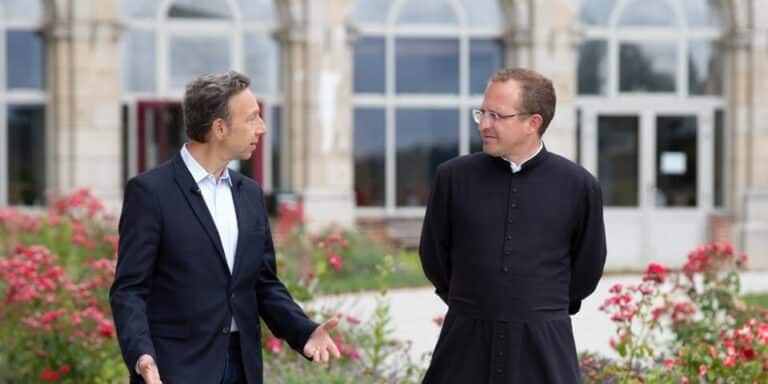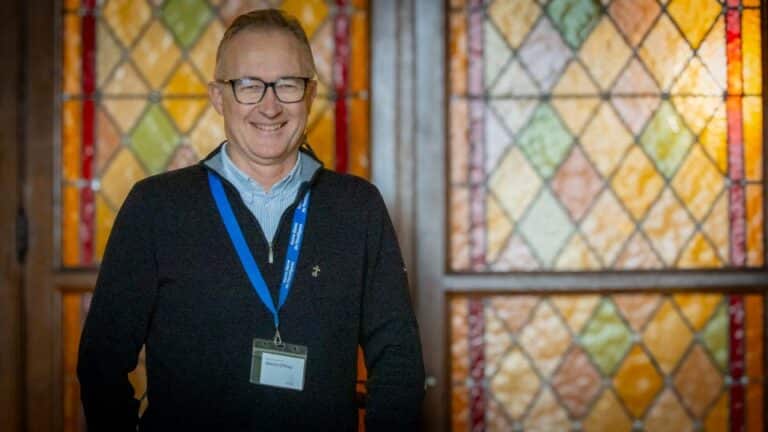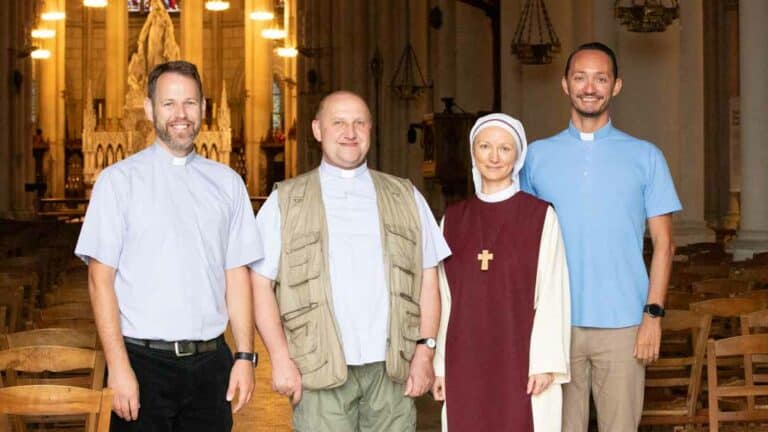Alliance VITA, an organization dedicated to the preservation of human life and dignity, has been dealing with complex bioethical issues for 30 years. Camille, their communication manager, describes their special commitment, especially in relation to their end of life approach.
Alliance Vita’s Missions: Listening and Providing Support
Alliance VITA focuses mainly on two missions: listening and supporting those who face challenging situations as well as raising awareness and providing information to the general public and policy-makers. “We have teams dedicated to listening, which means that people experiencing hardships like disease, bereavement etc. are able to share their problems, whether about an unexpected pregnancy or at the end of their life.”
Listening is a crucial mission because it allows distressed people to find someone who lends them a careful ear, in a non-judgemental way. “This is really a mission at the core of our work, enabling us to keep constantly in touch with people and what they are going through”, Camille insists.
Raising awareness and training
Alliance VITA’s second mission is to raise awareness and train the general public on crucial bioethical issues, in particular those in connection to the end of life.
“We are clearly in favour of supportive care, meaning that we support providing assistance right up the end in order to avoid the temptation of assisted suicide and euthanasia – or its contrary, unreasonable therapeutic relentlessness.
Camille
To do so, Alliance VITA hosts training sessions on bioethics through their local teams in many different places in France. The purpose of the training courses is to provide the necessary basic knowledge to both volunteers and the general public and help them understand and advocate for human dignity.
The challenges of the end of life
The end of life is an especially complex, sensitive matter. As Camille explains, the population ageing poses major challenges: “It is one of the greatest challenges we are all facing and it will become an even greater concern in the coming years.” She warns us against the risks associated to legalizing euthanasia and assisted suicide. According to her, it might “have an adverse impact on vulnerable people”, who might feel worthless or regard themselves as a burden.
Indeed, a law on the end of life as might be understood by the weakest as: “You’re no longer useful for society, you’re a burden, your care is costly. You’d better go. Even better, you should choose to disappear in order to liberate us, the youngest, the healthy.”
Solidarity is key
A key tenet for Camille is solidarity and close attendance to people at the end of their life. She insists on the existence of supportive care units where people are treated with dignity and respect. “These units are places full of life where both individuals and their families are cared for, and their complexity as human beings is taken into consideration.”
Camille shares her own experience with her uncle, who had hereditary motor and sensory neuropathy, to show how such close attendance to a sick loved-one can give rise to precious moments of great intensity.”In fact, we experienced two incredible years, probably the most intense we ever had with him.”“
Alliance VITA’s commitment to preserve human life and dignity is essential in the context of the fora and discussions about the end of life. Through their triple mission – listening, raising awareness and training, they provide essential support to distressed people, advocating for a warm, respectful approach at the end of life. As Camille emphasizes, being reminded of one’s value and importance is crucial to everyone, especially in the most critical moments.




